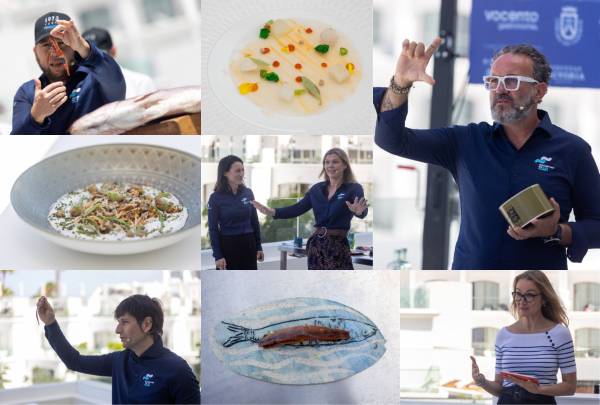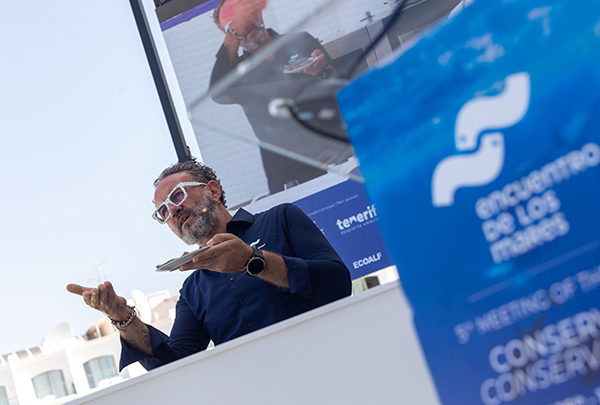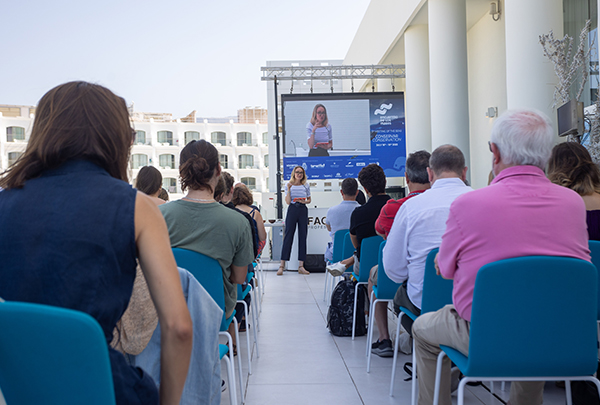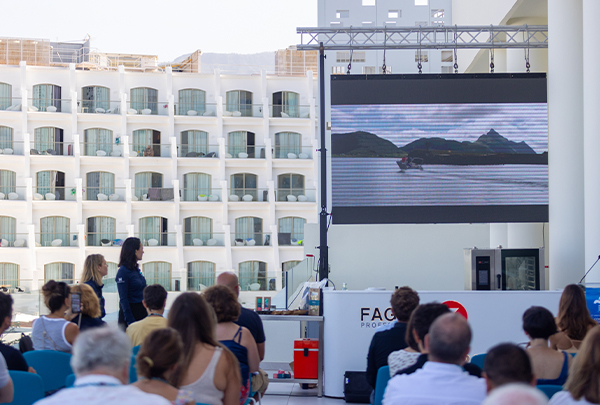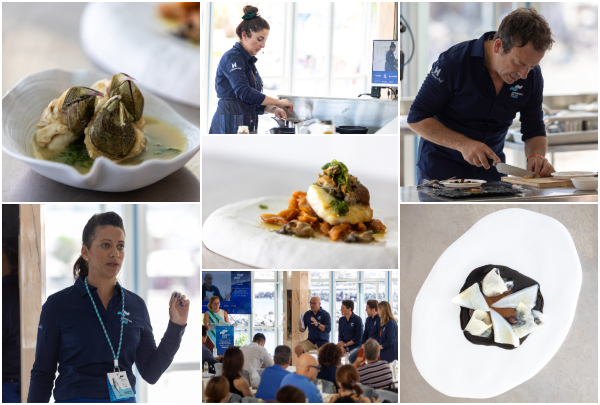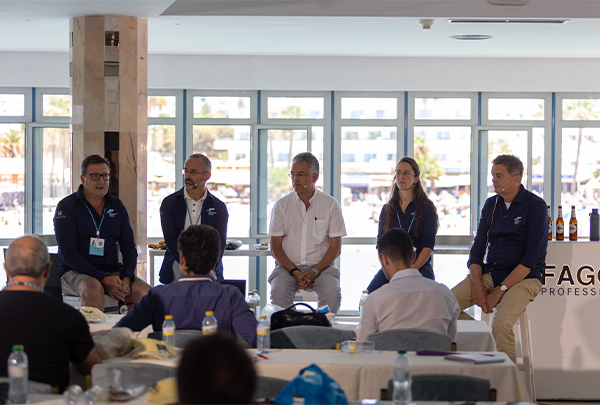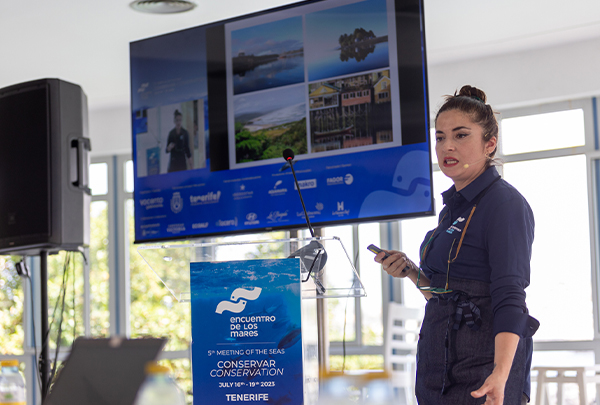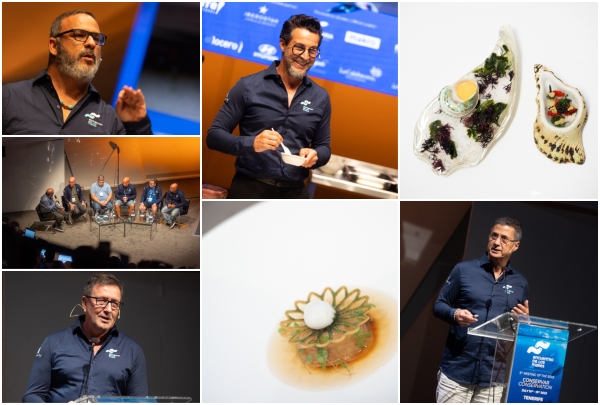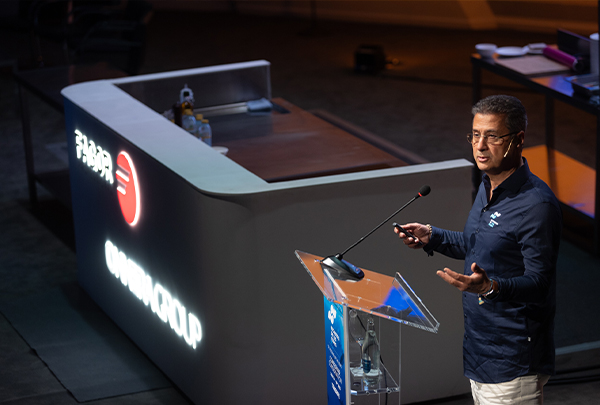News
Creating and maintaining a global sustainable economy for the Big Blue
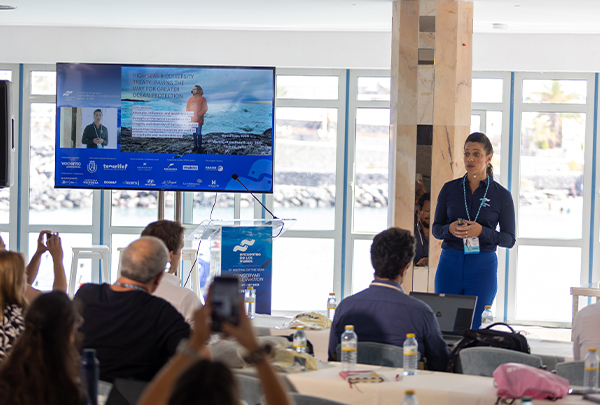
Only 1% of the ocean and its life system is protected, which means problems for its survival. But establishing control is a complicated matter, because two thirds of the oceans are outside national jurisdictions, and these in fact contain the greatest portion of the planet's biodiversity.
It is for this reason that a historical milestone has been reached, after more than 20 years of negotiations, with the recent signature of the High Seas Biodiversity Treaty, which finally provides a mechanism to establish protected maritime areas in sections of ocean beyond the control of each country, and guarantees sustainable use of their biodiversity.
To discuss all this, Meeting of the Seas was delighted to welcome biologist Minna Epps, one of the world's leading experts in marine biodiversity, currently running the Global Marine and Polar Programme for the International Union for Conservation of Nature (IUCN), an intergovernmental organisation working with local communities to establish global procedures. “It is the Big Blue economy that now has the greatest growth projection, and we must ensure that it will be sustainable. It accounts for 95% of the planet's inhabitable space and it's in danger, and so we must work quickly to restore its health", she declared.
The ocean's enormous richness explains how important it is in the fight against climate change; "without it the planet's temperature would now be six degrees higher", and it also provides many other services, "but the deterioration of the planet and higher temperatures are devastating life among its species, with such adverse effects as deoxygenation, because this is affecting the lives of species, bringing about changes in their habitats with dangerous migrations such as in the case of tunny fish, which are seeking colder, more oxygenised water when the terrible marine heatwaves kick in", argued Minna.
Satisfied with the success of the Treaty, the expert is optimistic concerning the implementation of equitable ocean management, and most particularly responsible management in relation to its biodiversity. She is very much engaged in the Global Ocean Agenda, and believes that "the world's population must be made aware of the importance of the ocean, and there must be intergovernmental control to guarantee intelligent use of its resources, in order, for example, to prevent a single country from taking control of genetic resources for medical research, which should be to the benefit of the entire world".
She is convinced that the High Seas have rights, but that there are also obligations which must be met - "the Treaty will allow the next challenges and problems to be addressed, such as the establishment and approval of legal frameworks concerning human activity, monitoring and controlling this, and also all aspects concerning funding, particularly in terms of maintaining protected marine areas. It entails a huge investment, but the socio-economic benefits are enormous", she concluded.

